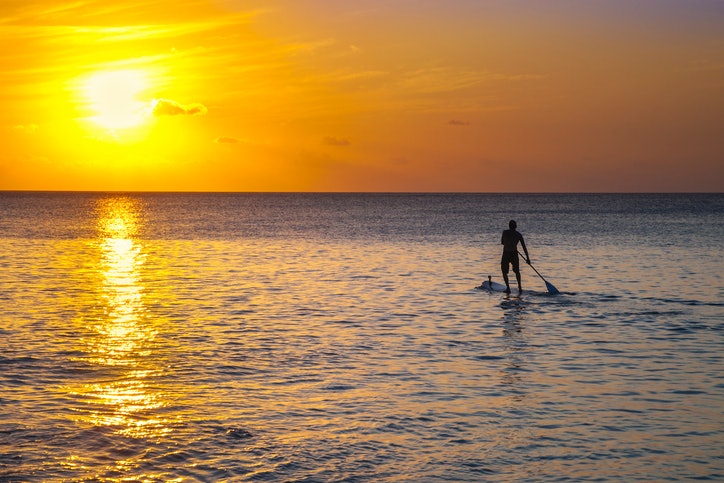These Brazilian islands are open to visitors - if they've already had COVID-19

Sep 4, 2020 • 2 min read

Fernando de Noronha has reopened to visitors – but for now, just those who have tested positive for COVID-19 © Renata Souza e Souza/Getty Images
One of the most beautiful archipelagos in the world is reopening to international tourism, with an unusual caveat: only travelers who have had COVID-19 will be granted entry.
Located in the Atlantic Ocean of the coast of Brazil, in the state of Pernambuco, the 21-island Fernando de Noronha reopened its borders on September 1 after more than five months of lockdown. But instead of asking would-be vacationers to present negative test results as so many other destinations have, the Pernambuco government requires evidence that visitors have already contracted the coronavirus and are now “proven to be cured.”
According to a governmental bulletin translated from Portuguese via Google Translate, travelers must submit the results of one of two tests – a positive RT-PCR performed more than 20 days prior, or a positive serological test (lgG) indicating the presence of antibodies – within 72 hours of departure, along with payment of the state’s Environmental Preservation Fee. Rapid test results are not accepted.

This is the first phase of of Pernambuco’s gradual reopening process. Beaches that were previously only accessible until 4pm are now open to groups of up to ten people with no restrictions on opening hours, and food and drink is permitted as well. Restaurants, bars, and snack bars are operating at 50% capacity, public transportation is running, religious celebrations and sporting events are now permitted, and gyms, shops, beauty salons, and more are also open. Masks covering the nose and mouth are mandatory on public roads, and anyone displaying symptoms is asked to notify the island's health department and follow the guidance received.
"There hasn't been community transmission on the island for a long time. We have to keep it that way," Pernambuco health secretary André Longo told Reuters in a statement. "Obviously, this step is going to be done with an eye on safety and reactivating economic activity on the archipelago."

While World Health Organization officials said in July that “there is some data out there that may suggest that immunity will wane over time,” a recent Icelandic study published in the New England Journal of Medicine indicates that novel coronavirus antibodies could remain in the body for four months after infection.
You may also like:
Here are the new rules for visiting the Caribbean
How Iceland is making it super safe for tourists to visit
Specially-trained dogs are dispatched in Dubai airport to detect COVID-19 in passengers



